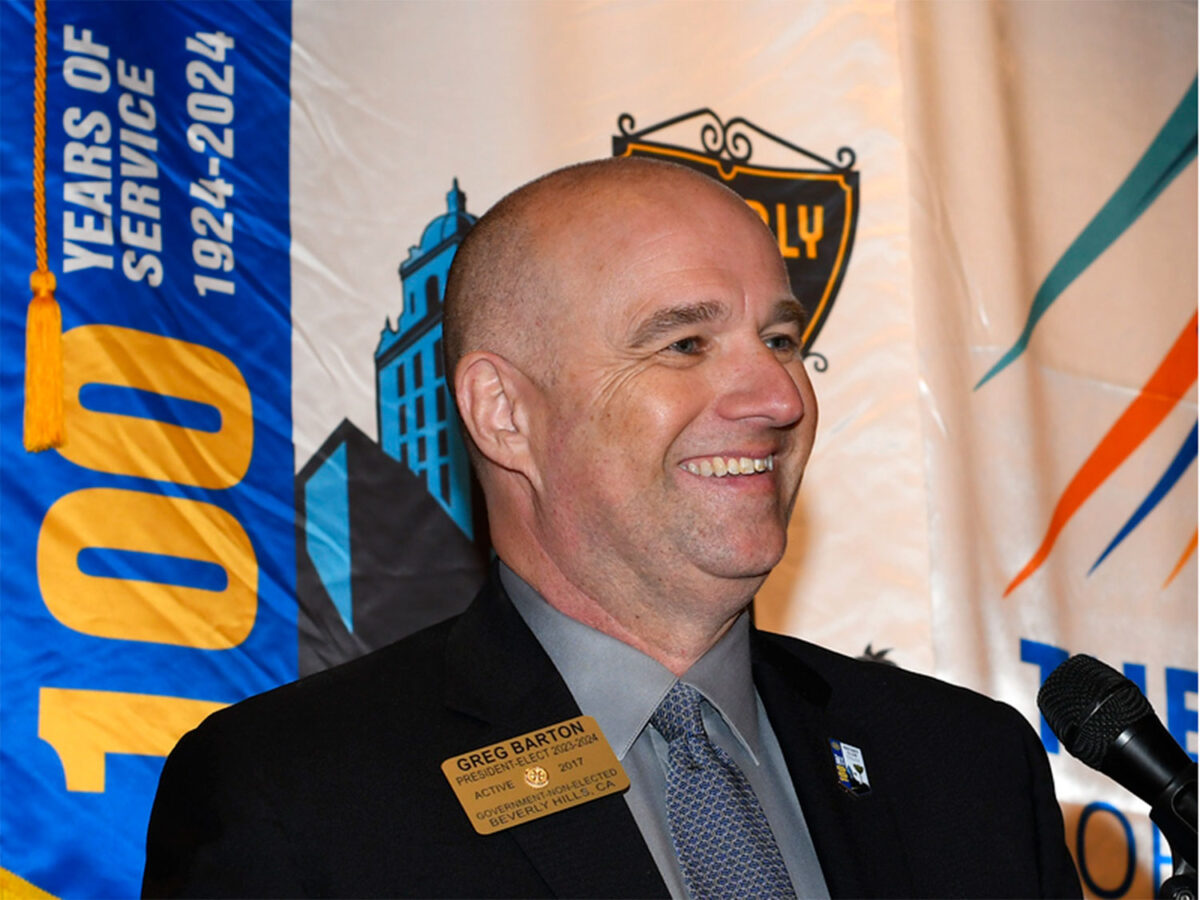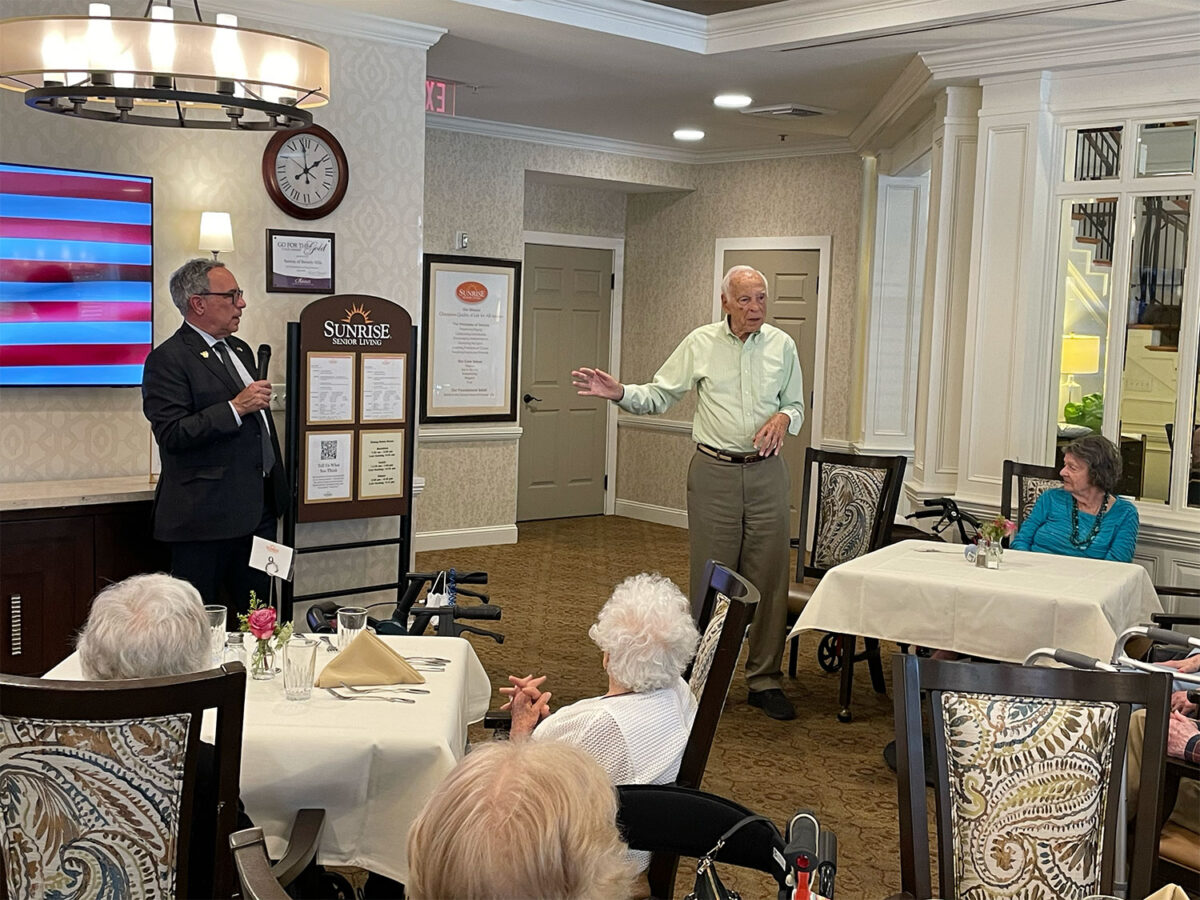When Beverly Hills City Auditor Eduardo Luna announced his resignation after only about three years in the role, it threw the city a curveball. On June 24, the City Council deliberated over the future of the Office of the City Auditor, ultimately deciding to move the role to an outside firm that would report to the City Council.
Mayor Robert Wunderlich, a City Council Liaison to the Audit and Finance Committee and the cofounder of a business and economic consulting company, laid out the two decisions before the Council: whether to outsource the position, and the reporting structure (whether the auditor would report directly to the Council or to the City Manager or delegate for the City Manager).
Both approaches have relative benefits and demerits, explained Policy and Management Analyst Cynthia Owens. Internal auditors come to each audit with a working knowledge of the culture of the organization, those who run it, and the community that relies on it. “They also learned how to use the city’s information systems, as well as the policies and procedures that the city has in place,” Owens said. On the con side of things, local governments sometimes struggle to maintain audit staff in the long term, “due to a lack of clear paths and opportunities for them.” In favor of an external auditor, an outside firm would have the benefit of familiarity with a wide range of organizations to which to compare the city, Owens pointed out.
“They’re also more likely to have staff with specialized knowledge for conducting audits that require a high level of subject matter expertise, and in some cases, the cost per audit may be lower for external firms because the auditors are more experienced with the audit that has been outsourced to them,” she said.
As Wunderlich explained, outsourcing can come in different “flavors.” In one model, the city could outsource to different firms on an audit-by-audit bases. In another possible scenario, the city could form a relationship with an outside firm similar to its relationship with the City Attorney, Lawrence Weiner, and his firm of Richards, Watson, and Gershon. “We do not engage a specific law firm for each and every time that we need litigation attorneys or that we need legal advice,” he said. “Rather, we’ve outsourced the entire function to Larry and to Larry’s firm. They sometimes, for particular areas, may bring in additional legal advice.”
The idea of vesting the entire auditing function with one single outside firm received agreement from Councilmember Julian Gold, Vice Mayor Lili Bosse and Councilmember Lester Friedman. Councilmember John Mirisch, however, remained skeptical that an outside audit firm had the relevant competence for government audits.
Gold reiterated his position from when the Council first began deliberating on the idea of a City Auditor, saying that he supported an outsourcing model from the start. “In a relatively small city, the cost of this is pretty high and the real question is how can we get the most effective work for what we need to do,” Gold said. He added that he was open to finding a firm that could handle a high percentage of the city’s auditing needs but did not need to perform each and every audit–a model that attracted agreement from Friedman.
The Beverly Hills City Auditor has completed seven audits since it was established in 2018, with another five in progress or on hold. Even then, three of the seven completed audits were performed by outside firms, indicating that the city already took a hybrid approach.
Wunderlich, who first proposed the City Auditor role, ultimately came out in favor of an in-house City Auditor. He cited one of the audits performed by an outside firm that advertised itself as a viable alternative to an internal city auditor. “I think it was an extremely poor audit, it was not a positive reflection on what that firm’s capabilities would be,” he said.
The city looked to Palo Alto for guidance on its own decision. In September 2020, the Palo Alto City Council voted to outsource its auditing function to the outside firm of Baker Tilly International, a network of accountancy and business advisory firms. As a result, the Council put an end to the internal City Auditor position that had existed since 1983. According to a report compiled by staff for the meeting, Palo Alto outsourced the job because of the difficulty in finding and keeping new talent for the role. The cost reduction from outsourcing would also enable additional audits, the city reasoned.
The meeting received comment from Anne-Marie Hogan, former City Auditor for Berkeley and representative of the Association of Local Government Auditors, who offered the city the group’s “free assistance” in choosing how to move on with its auditing process. “We recommend that the City Auditor be in charge of also contracting out for auditors,” Hogan said. “ALGA believes that the City Auditor’s Office in Beverly Hills should continue to report to Council, with assistance from an audit committee that includes public auditing experts as well as Council members, and to follow government auditing standards as you do now, not only because those two requirements ensure maximum independence and credibility but also because this strengthens Council’s oversight of the audit function.”
Hogan pushed back against the argument that it is difficult to find and retain qualified city auditors, saying that it was “probably more difficult to find contract audit firms who really have expertise in local government auditors and are willing to use government auditing standards.”
As Vice Mayor Lili Bosse pointed out, even without a City Auditor at the helm, the Office of the City Auditor still has multiple employees. City Manager George Chavez reassured Bosse that the city has “plenty of space” to support the existing employees in different departments.
Wunderlich, who felt that Luna’s early departure and the brief stint of the office failed to give an accurate picture of its cost effectiveness and utility, suggested finding an interim auditor to give the office a few more years to find its footing–a suggestion that Mirisch seconded. Friedman, Gold, and Bosse felt that having an internal auditor who worked under the auspices of the city compromised the independence of the role and sided against Wunderlich’s proposal.
“True independence comes from having no connection to the city, not being a city employee,” Gold said.







